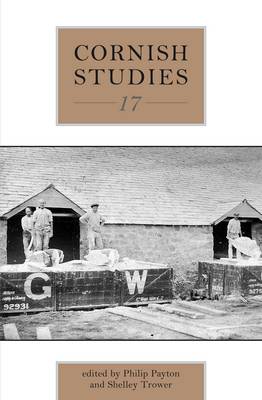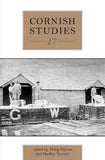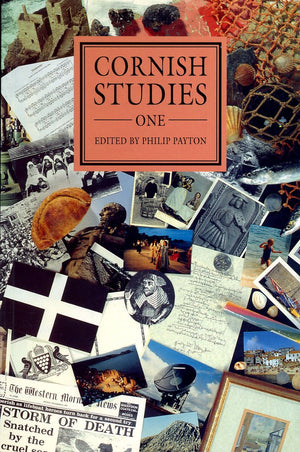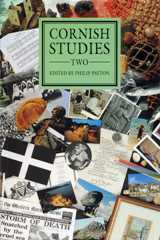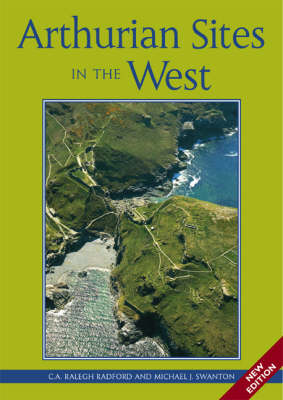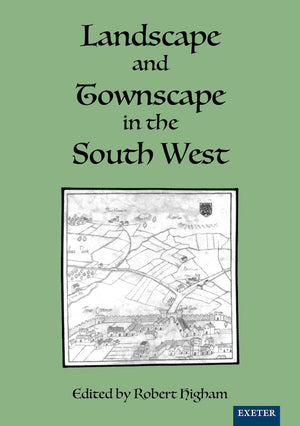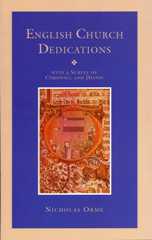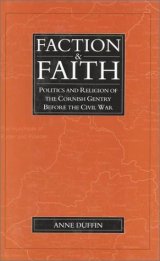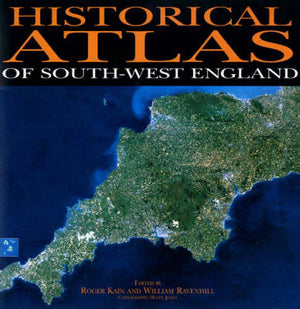University of Exeter Press
Cornish Studies Volume 17
Couldn't load pickup availability
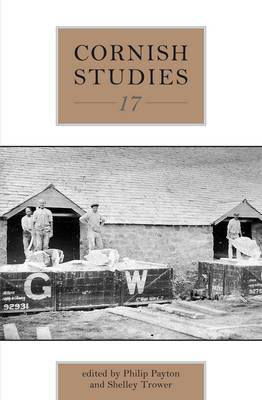
- 232 Pages
The seventeenth volume in the acclaimed paperback series . . . the only county series that can legitimately claim to represent the past and present of a nation.
The seventeenth volume in the acclaimed paperback series . . . the only county series that can legitimately claim to represent the past and present of a nation.
Introduction
1. Clayscapes: Views of a Working Landscape, from Poetry to Oral History, Shelley Trower
2. Seeing the Clay Country: The Novels of Jack Clemo, Gemma Goodman
3. A Sustainable Literature? Ecocriticism, Environment and a New Eden in Cornwall’s China-Clay Mining Region, Alan M. Kent
4. A ‘Treasured’ Landscape: Snapshots of Prehistoric Life in mid-Cornwall, Adrian Rodd
5. Historical Development and Sustainable Development, Ronald Perry and Charles Thurlow
6. Electoral Landscapes: Political Ecology of the Clay Country Since 1885, Garry Tregidga
7. Sustainable Communities, Innovation, Social Capital and the Inland China Clay Villages, Joanie Willett
8. Accessing Education in Cornwall: Exploring the Structure/Agency Debate among Potential Students, Kerryn Husk
9. Jynwethek Ylow Kernewek: The Significance of Cornish Techno Music, Philip Hayward
10. ‘Arise St Piran’: The Cult of the Saints and the Redefining of Cornwall, Jesse Harasta
11. ‘This magical Tudor house’: Cotehele and the Concept of Authenticity: A Chronological Review, Graham Busby, Rachel Hunt and Helen Small
12. Cornish Studies: Sixteen
Notes on contributors







